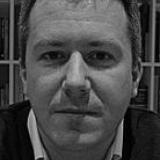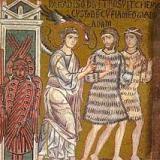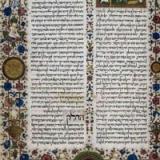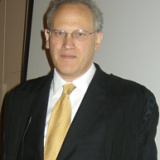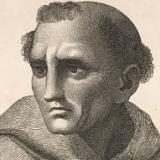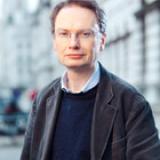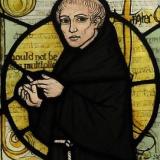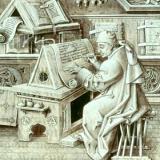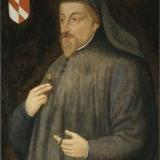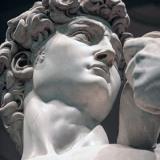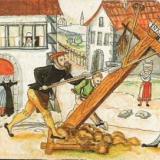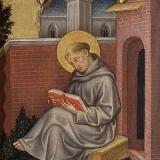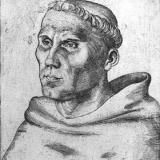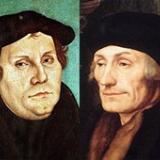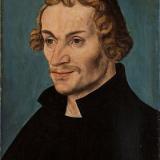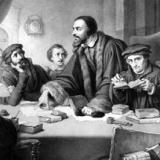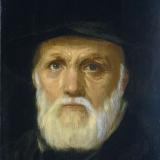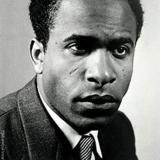Free Will
Posted on
The greatest of the Roman Stoics is Epictetus, arguably the first thinker to discuss the nature of human will, and author of some of the most powerful and demanding ethical writings in history.
Posted on
Peter chats about Seneca, Marcus Aurelius, and Epictetus with John Sellars, an expert on Roman Stoicism and the reception of Stoicism in the early modern era.
Posted on
Augustine attempts to reconcile human freedom with God’s foreknowledge and his own claim that we need divine grace to avoid sin.
Posted on
A first look at the philosophical contributions of Islamic theology (kalām) and its political context, focusing on the Mu'tazilites Abū l-Hudhayl and al-Naẓẓām.
Posted on
Al-Ash'arī puts his stamp on the future of Islamic theology by emphasizing God’s untrammeled power and freedom.
Posted on
Abraham Ibn Ezra, Ibn Daud and Maimonides consider the philosophical implications of astrology as science flourishes in the Jewish culture of Andalusia.
Posted on
John Marenbon returns to the podcast to discuss Abelard's views on necessity and freedom.
Posted on
Henry of Ghent, now little known but a leading scholastic in the late 13th century, makes influential proposals on all the debates of his time.
Posted on
An interview with Martin Pickavé on voluntarism and the interaction of will and intellect, according to Henry of Ghent.
Posted on
Scotus develops a novel theory of free will and, along the way, rethinks the notions of necessity and possibility.
Posted on
A conversation with Tom Pink about medieval theories of freedom and action.
Posted on
Marguerite Porete is put to death for her exploration of the love of God, The Mirror of Simple Souls.
Posted on
William of Ockham on freedom of action and freedom of thought.
Posted on
Scotus, Ockham, and Bradwardine ask how we can be free if God knows and chooses the things we will do in the future.
Posted on
The hipster’s choice for favorite scholastic, John Buridan, sets out a nominalist theory of knowledge and language, and explains the workings of free will.
Posted on
Philosophical themes in Chaucer’s “Canterbury Tales” and “Troilus and Criseyde,” as well as Langland’s “Piers Plowman.”
Posted on
Pico della Mirandola and Giannozzo Manetti praise humans as the centerpiece of the created world. But what about the other animals?
Posted on
How humanism and scholasticism came together with the Protestant Reformation to create the philosophy of 15 - 16th century Europe.
Posted on
Trends in Aristotelian philosophy in northern and eastern Europe in the fifteenth century, featuring discussion of the “Wegestreit” and the nominalist theology of Gabriel Biel.
Posted on
How Luther’s doctrine of justification by faith alone and his attack on the Church relate to the history of philosophy.
Posted on
Erasmus clashes with Martin Luther over the question whether our wills are free or enslaved to sin.
Posted on
Luther’s close ally Melanchthon uses his knowledge of ancient philosophy and rhetoric in the service of the Reformation.
Posted on
John Calvin's views on predestination and the limits of human reason.
Posted on
In a surprise twist, some Protestant thinkers embrace the methods of scholasticism, and even find something to admire in the work of Catholic authors like Aquinas.
Posted on
Amidst religious conflict in the Netherlands, Dirck Coornhert pleads for religious toleration and freedom of expression.
Posted on
Frantz Fanon combines psychoanalysis and existential phenomenology to diagnose neuroses deriving from the colonial condition.


